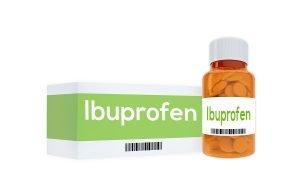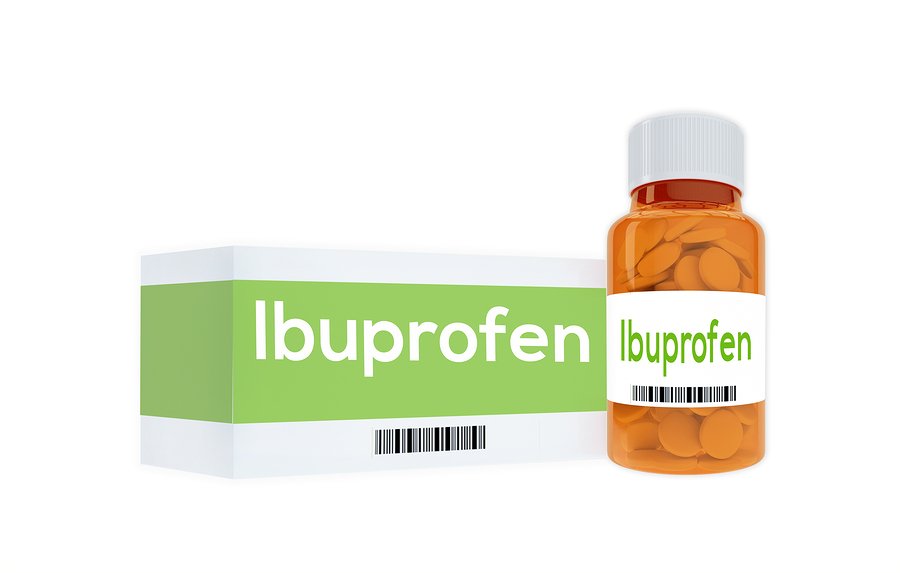Gout is a common condition that causes painful swelling in the extremities, in particular the feet and ankles. It is caused by uric acid building up and the uric acid comes from the breakdown of purines in the body.
 Eating or drinking foods that are high in purines such as red meats, seafood and some alcoholic beverages, can increase your risk of gout. Typically, a flare up will last for just 3-7 days, and can be managed with diet changes and anti-inflammatory painkillers but that is not always the case. Sometimes, more aggressive gout treatments may be required to bring the swelling down and to reduce the risk of an attack happening again.
Eating or drinking foods that are high in purines such as red meats, seafood and some alcoholic beverages, can increase your risk of gout. Typically, a flare up will last for just 3-7 days, and can be managed with diet changes and anti-inflammatory painkillers but that is not always the case. Sometimes, more aggressive gout treatments may be required to bring the swelling down and to reduce the risk of an attack happening again.
There are gout treatments that work by breaking down uric acid in the body, and by helping the body to become more efficient at flushing out uric acid in your urine. There are also treatments that will help to reduce the production of uric acid, although these are not usually used as a long term gout prevention measure but more to help beat a flare-up and reduce the chances of it reoccurring while you are working on diet and lifestyle changes.
Painkillers that work to reduce swelling can be bought over the counter, but the other treatments are prescribed by doctors. People with chronic gout may be prescribed colchinine to treat it. Other options include Lesinurad and Febuxostat.
If you don't want to use treatments like this and would prefer home remedies, then you will need to rest, and be mindful of your diet. You can reduce pain by using a cold compress on the affected joint. Drinking lots of water can help to bring down the swelling more quickly, and cutting out seafood, organ meats and fatty foods will help to stop the level of uric acid in your blood becoming elevated.
If you get gout flare ups regularly, then you might be tempted to just manage them yourself, but it is worth communicating with your doctor. You should always tell your doctor if you have a fever or chills associated with the flare up because this could be a sign of an underlying infection. If you still have symptoms after a week, then talk to your doctor because that could, again, be a sign that there is something else wrong. Most flare ups will remedy themselves, but your doctor will be able to work with you to come up with a treatment and management plan.
Treating gout should be a lifelong management plan, not something that you would do as a one off. If you have suffered from gout once then either there were exceptional circumstances or you have an issue with your diet that triggers the condition. There is a reason it was once jokingly called a disease of fine living. Keep a food diary and identify your triggers. You will quickly figure out what you could change to become healthier overall and gout free.
